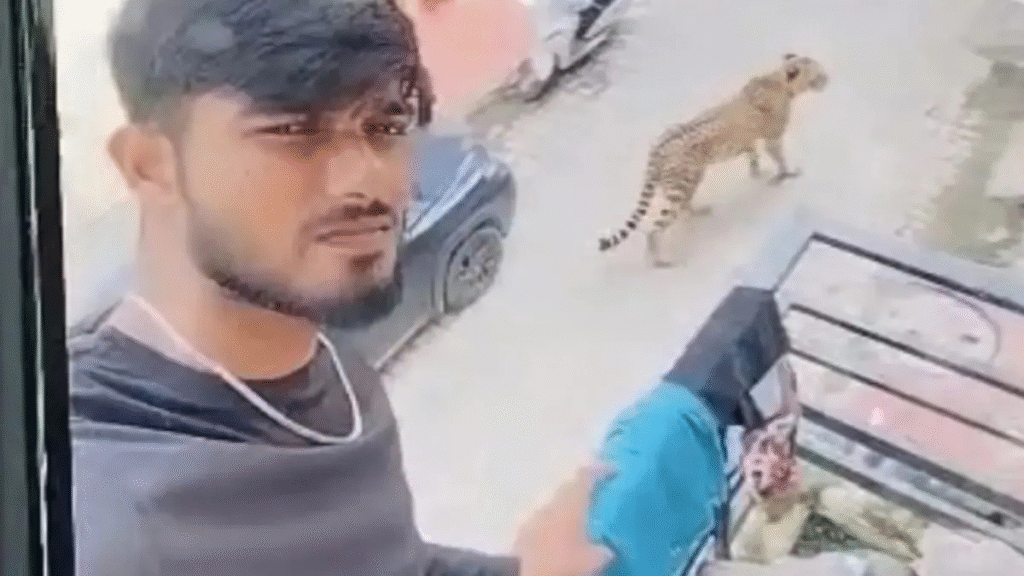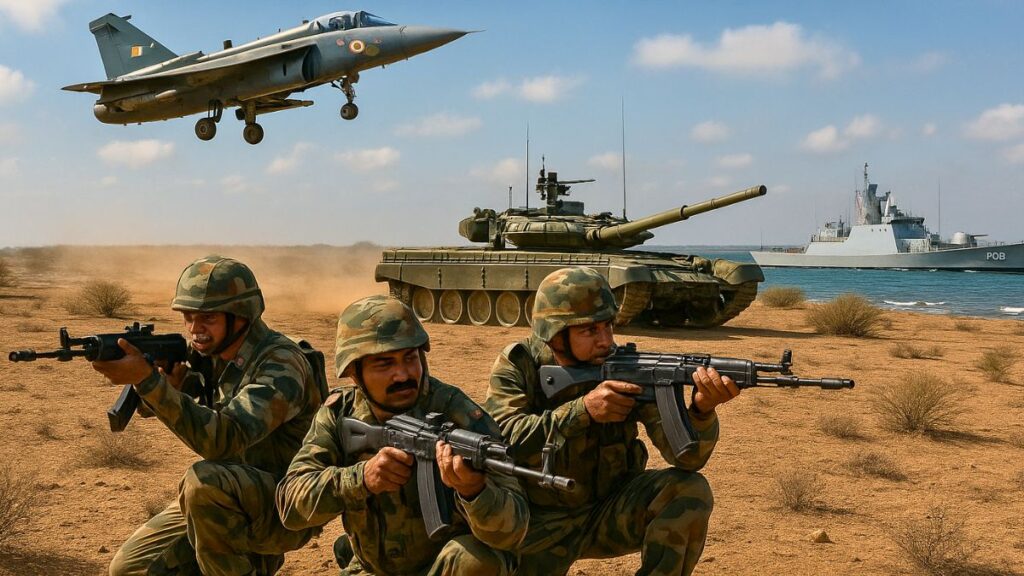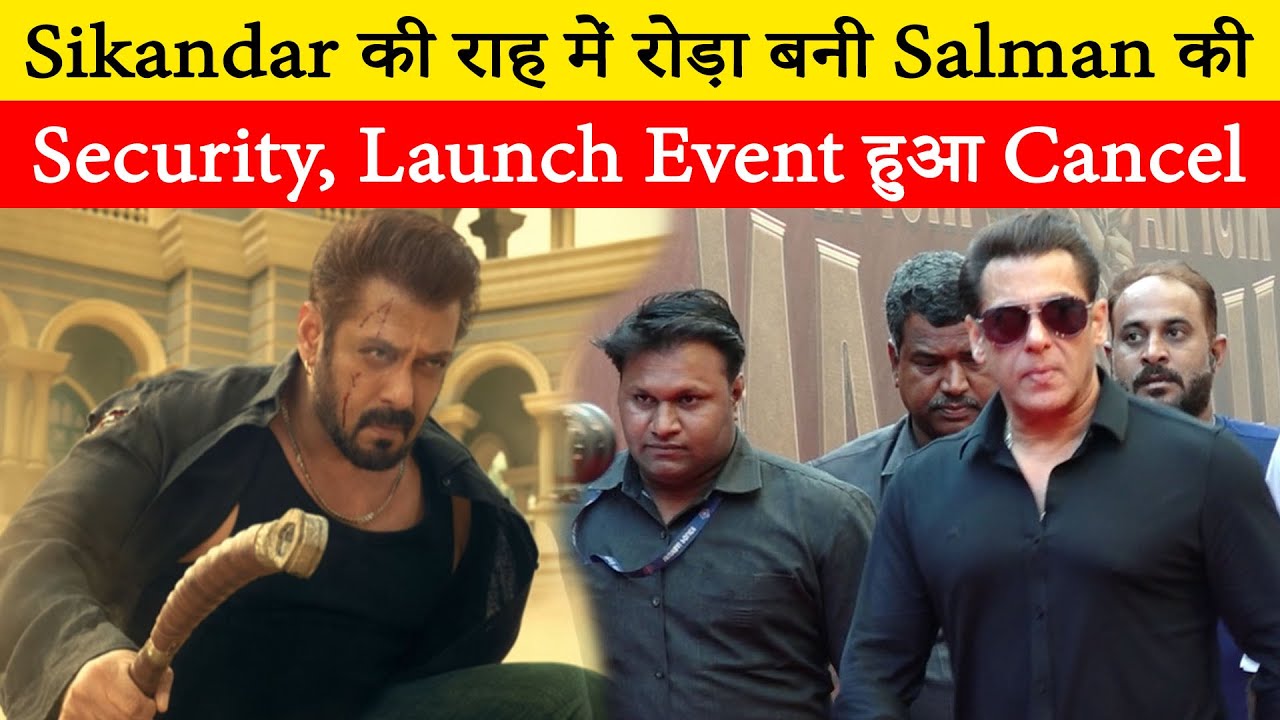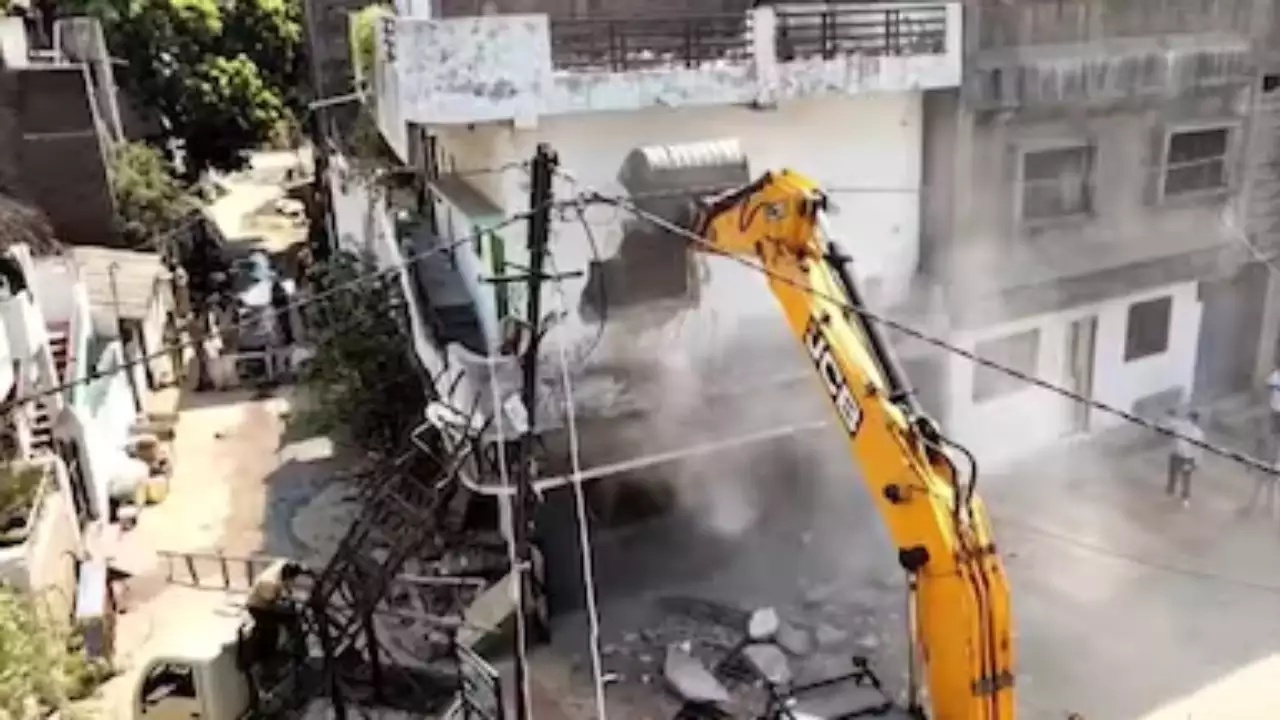Now Reading: Mumbai Show Cancelled Amidst Chaos: Shiv Sena Leader Rahool Kanal’s Role in Kunal Kamra Controversy
-
01
Mumbai Show Cancelled Amidst Chaos: Shiv Sena Leader Rahool Kanal’s Role in Kunal Kamra Controversy
Mumbai Show Cancelled Amidst Chaos: Shiv Sena Leader Rahool Kanal’s Role in Kunal Kamra Controversy
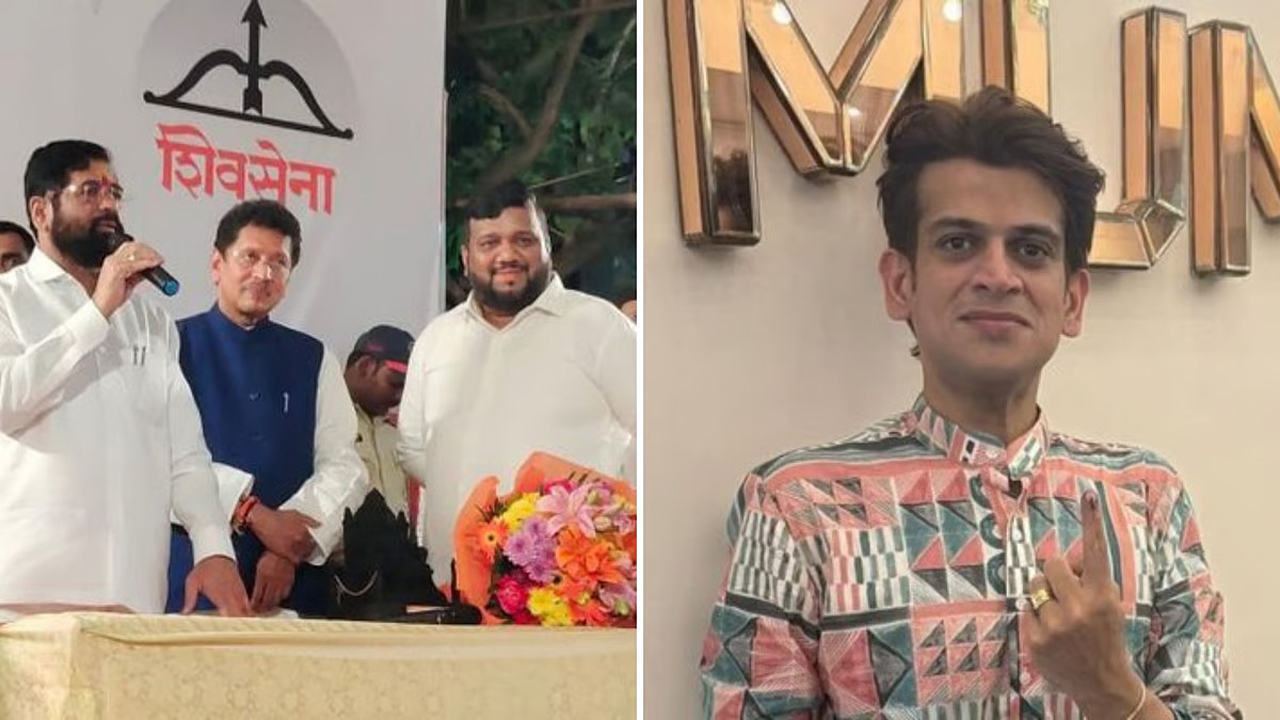
Mumbai witnessed a dramatic turn of events recently when a scheduled performance by comedian Kunal Kamra was abruptly cancelled following a chaotic scene at the venue. The incident, which has sparked widespread debate on freedom of speech and political interference, centers around Shiv Sena (UBT) leader Rahool Kanal, who allegedly led a group that stormed the venue and issued threats, leading to the show’s cancellation.
The controversy erupted just hours before Kamra was set to perform at a venue in Mumbai. According to reports and videos circulating online, Kanal, along with his supporters, arrived at the location and created a disturbance, claiming that Kamra’s past remarks were “anti-Hindu” and “insulting to deities.” They reportedly demanded the show be cancelled, threatening to disrupt the performance if their demands were not met.
The venue management, facing escalating pressure and concerns for the safety of their staff and patrons, ultimately decided to cancel the show. This decision ignited a firestorm of reactions, with many condemning the alleged actions of Kanal and his supporters as an attack on artistic expression and a blatant attempt to stifle dissent.
Who is Rahool Kanal?
Rahool Kanal is a prominent Shiv Sena (UBT) leader known for his active involvement in political and social issues in Mumbai. He has been associated with the party for several years and has held various positions within the organization. While often seen engaging in social work and community initiatives, he has also been involved in controversies in the past.
Kanal’s political profile gained prominence through his active participation in local politics and his vocal stance on issues he deems important. He has been known to be a staunch supporter of the Shiv Sena (UBT) ideology, which aligns with his recent objection against Kamra’s show.
His public statements often reflect a strong sense of cultural and religious identity, which appears to be the driving force behind his protest against Kamra’s comedy. The allegations of threats and disruption against him paint a picture of a leader willing to take direct action to enforce his views.
The Aftermath and Reactions:
The cancellation of Kamra’s show has triggered a wave of reactions from various quarters. Comedians, artists, and free speech advocates have condemned the incident, expressing concern over the growing trend of political interference in artistic performances. They argue that such actions create a chilling effect on creative expression and undermine the fundamental right to freedom of speech.
Social media platforms have been flooded with comments and posts, with many users expressing outrage at the alleged behavior of Kanal and his supporters. Some have called for legal action against those involved, while others have demanded that political leaders refrain from such acts of censorship.
On the other hand, some individuals and groups have supported Kanal’s actions, claiming that Kamra’s comedy often crosses the line of decency and disrespects religious sentiments. They argue that artists should be held accountable for their words and that they cannot hide behind the cloak of artistic freedom to justify offensive content.
The Shiv Sena (UBT) party itself has remained relatively muted on the issue, with no official statement issued regarding Kanal’s alleged involvement. This silence has been interpreted by some as tacit support for his actions, further fueling the controversy.
The Broader Context:
This incident highlights the ongoing debate about the boundaries of free speech and the role of political and religious groups in shaping cultural discourse. In India, like many other democracies, the right to freedom of expression is enshrined in the constitution. However, this right is not absolute and is subject to reasonable restrictions, including those related to public order, morality, and religious sentiments.
The Kunal Kamra controversy underscores the delicate balance between artistic freedom and social responsibility. It raises crucial questions about the extent to which political and religious groups can intervene in artistic performances and the potential consequences for creative expression.
In the wake of this incident, it is likely that the debate over free speech and censorship will continue to intensify. The incident serves as a reminder of the challenges faced by artists and performers in navigating the complex landscape of cultural and political sensitivities. It also emphasizes the need for a robust and open dialogue on the importance of protecting artistic freedom while respecting diverse viewpoints. The future implications of this incident remain to be seen, but the event has undoubtedly left a mark on the cultural and political climate of Mumbai.

